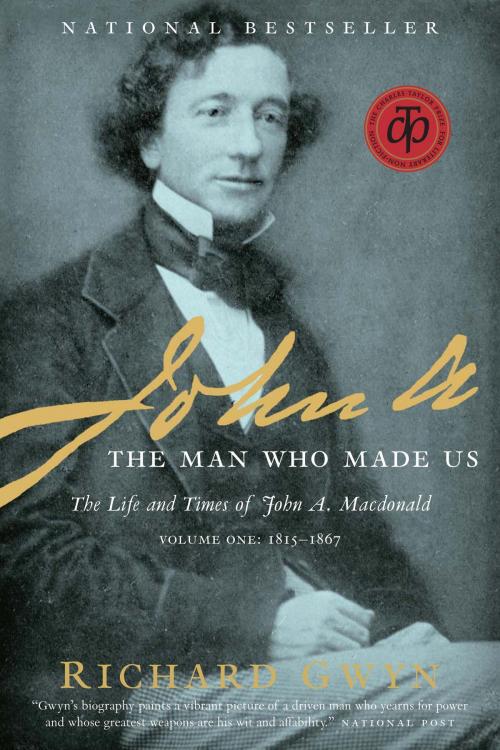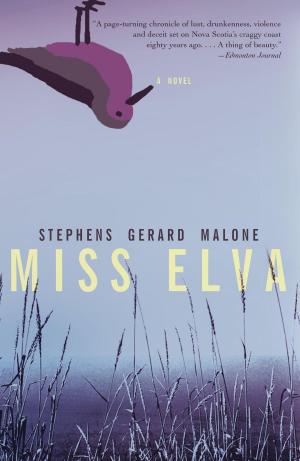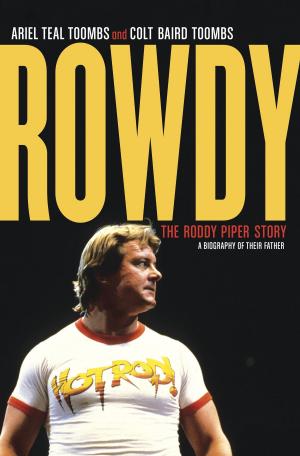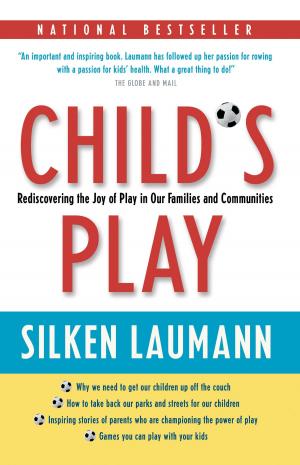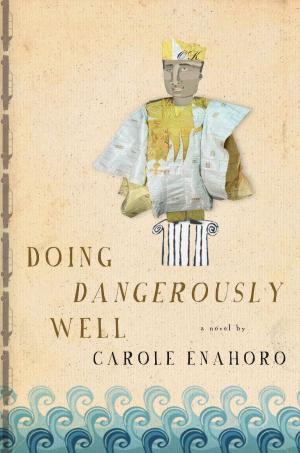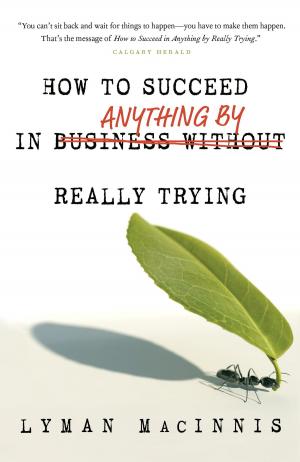| Author: | Richard J. Gwyn | ISBN: | 9780307371355 |
| Publisher: | Random House of Canada | Publication: | March 18, 2009 |
| Imprint: | Vintage Canada | Language: | English |
| Author: | Richard J. Gwyn |
| ISBN: | 9780307371355 |
| Publisher: | Random House of Canada |
| Publication: | March 18, 2009 |
| Imprint: | Vintage Canada |
| Language: | English |
The first full-scale biography of Canada’s first prime minister in half a century by one of our best-known and most highly regarded political writers.
The first volume of Richard Gwyn’s definitive biography of John A. Macdonald follows his life from his birth in Scotland in 1815 to his emigration with his family to Kingston, Ontario, to his days as a young, rising lawyer, to his tragedy-ridden first marriage, to the birth of his political ambitions, to his commitment to the all-but-impossible challenge of achieving Confederation, to his presiding, with his second wife Agnes, over the first Canada Day of the new Dominion in 1867.
Colourful, intensely human and with a full measure of human frailties, Macdonald was beyond question Canada’s most important prime minister. This volume describes how Macdonald developed Canada’s first true national political party, encompassing French and English and occupying the centre of the political spectrum. To perpetuate this party, Macdonald made systematic use of patronage to recruit talent and to bond supporters, a system of politics that continues to this day.
Gwyn judges that Macdonald, if operating on a small stage, possessed political skills–of manipulation and deception as well as an extraordinary grasp of human nature–of the same calibre as the greats of his time, such as Disraeli and Lincoln. Confederation is the centerpiece here, and Gywn’s commentary on Macdonald’s pivotal role is original and provocative. But his most striking analysis is that the greatest accomplishment of nineteenth-century Canadians was not Confederation, but rather to decide not to become Americans. Macdonald saw Confederation as a means to an end, its purpose being to serve as a loud and clear demonstration of the existence of a national will to survive. The two threats Macdonald had to contend with were those of annexation by the United States, perhaps by force, perhaps by osmosis, and equally that Britain just might let that annexation happen to avoid a conflict with the continent’s new and unbeatable power.
Gwyn describes Macdonald as “Canada’s first anti-American.” And in pages brimming with anecdote, insight, detail and originality, he has created an indelible portrait of “the irreplaceable man,”–the man who made us.
*“Macdonald hadn’t so much created a nation as manipulated and seduced and connived and bullied it into existence against the wishes of most of its own citizens. Now that Confederation was done, Macdonald would have to do it all over again: having conjured up a child-nation he would have to nurture it through adolescence towards adulthood. How he did this is, however, another story.”
“He never made the least attempt to hide his “vice,” unlike, say, his contemporary, William Gladstone, with his sallies across London to save prostitutes, or Mackenzie King with his crystal-ball gazing. Not only was Macdonald entirely unashamed of his behaviour, he often actually drew attention to it, as in his famous response to a heckler who accused him of being drunk at a public meeting: “Yes, but the people would prefer John A. drunk to George Brown sober.” There was no hypocrisy in Macdonald’s make-up, nor any fear.*
—from John A. Macdonald
The first full-scale biography of Canada’s first prime minister in half a century by one of our best-known and most highly regarded political writers.
The first volume of Richard Gwyn’s definitive biography of John A. Macdonald follows his life from his birth in Scotland in 1815 to his emigration with his family to Kingston, Ontario, to his days as a young, rising lawyer, to his tragedy-ridden first marriage, to the birth of his political ambitions, to his commitment to the all-but-impossible challenge of achieving Confederation, to his presiding, with his second wife Agnes, over the first Canada Day of the new Dominion in 1867.
Colourful, intensely human and with a full measure of human frailties, Macdonald was beyond question Canada’s most important prime minister. This volume describes how Macdonald developed Canada’s first true national political party, encompassing French and English and occupying the centre of the political spectrum. To perpetuate this party, Macdonald made systematic use of patronage to recruit talent and to bond supporters, a system of politics that continues to this day.
Gwyn judges that Macdonald, if operating on a small stage, possessed political skills–of manipulation and deception as well as an extraordinary grasp of human nature–of the same calibre as the greats of his time, such as Disraeli and Lincoln. Confederation is the centerpiece here, and Gywn’s commentary on Macdonald’s pivotal role is original and provocative. But his most striking analysis is that the greatest accomplishment of nineteenth-century Canadians was not Confederation, but rather to decide not to become Americans. Macdonald saw Confederation as a means to an end, its purpose being to serve as a loud and clear demonstration of the existence of a national will to survive. The two threats Macdonald had to contend with were those of annexation by the United States, perhaps by force, perhaps by osmosis, and equally that Britain just might let that annexation happen to avoid a conflict with the continent’s new and unbeatable power.
Gwyn describes Macdonald as “Canada’s first anti-American.” And in pages brimming with anecdote, insight, detail and originality, he has created an indelible portrait of “the irreplaceable man,”–the man who made us.
*“Macdonald hadn’t so much created a nation as manipulated and seduced and connived and bullied it into existence against the wishes of most of its own citizens. Now that Confederation was done, Macdonald would have to do it all over again: having conjured up a child-nation he would have to nurture it through adolescence towards adulthood. How he did this is, however, another story.”
“He never made the least attempt to hide his “vice,” unlike, say, his contemporary, William Gladstone, with his sallies across London to save prostitutes, or Mackenzie King with his crystal-ball gazing. Not only was Macdonald entirely unashamed of his behaviour, he often actually drew attention to it, as in his famous response to a heckler who accused him of being drunk at a public meeting: “Yes, but the people would prefer John A. drunk to George Brown sober.” There was no hypocrisy in Macdonald’s make-up, nor any fear.*
—from John A. Macdonald
